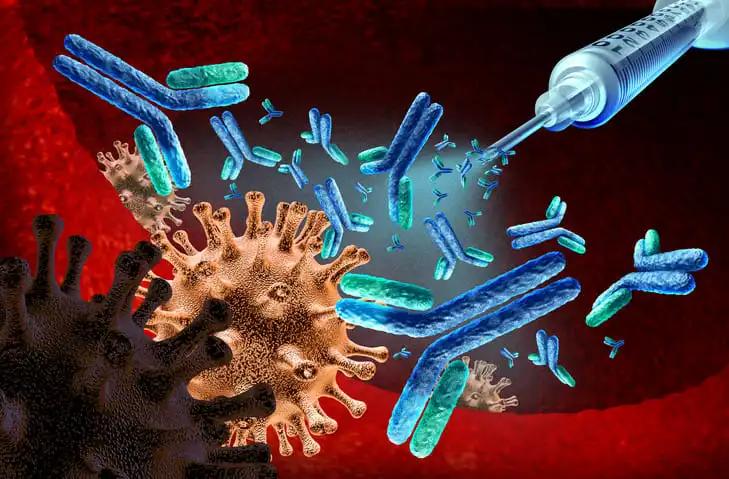KEY TAKEAWAYS
- This phase II trial evaluated the effects of a 240mg daily dose of Lazertinib on treatment-naive NSCLC patients with rare EGFR mutations.
- The study found that 240mg of Lazertinib effectively treated treatment-naive NSCLC pts with uncommon EGFR mutations.
Lazertinib, an irreversible 3rd generation EGFR tyrosine kinase inhibitor, has demonstrated clinical effectiveness against standard treatments for both untreated patients (pts) with activating EGFR mutations (LASER-301) and those with acquired T790M mutations (LASER-201).
Building on preclinical data that indicated low IC50 values in atypical EGFR mutations, researchers initiated a phase II trial to assess the therapeutic impact of a 240mg daily dose of Lazertinib on treatment-naive NSCLC pts harboring uncommon EGFR mutations.
The study enrolled NSCLC pts confirmed to have rare EGFR mutations (e.g., G719X, S768I, L861Q, G719X + S768I, G719X + L861Q, L861Q + S768I, L747S, S720A, E709A, Exon 18 del., and so forth), but not common ones (e.g., 19 del., L858R, T790M, Exon 20 insertion). Mutation verification was carried out through either tissue-based or cell-free DNA tests.
Participants were administered a daily dose of 240mg of Lazertinib until either the disease advanced or they experienced intolerable side effects. Imaging assessments were performed bi-monthly for the first eight cycles (each cycle lasting three weeks), and then every three cycles.
A total of 34 out of pre-arranged 36 pts were recruited across five medical centers in South Korea between April 2022 and March 2023. As of the data cut-off on March 31, 2023, clinical outcome data were available for 32 individuals. The participants had a median age of 66 (ranging from 37 to 82), were mainly female (58.8%), and displayed adenocarcinoma histology.
During the median follow-up of 3.7 months (95% CI 2.6-4.8), the overall response rate was 44.1%, and the disease control rate was 85.3%. The median progression-free survival spanned 7.69 months (95% CI 4.4 – NA). Response rates varied by mutation subtype: G719X (53.8%, n=13), L861Q (54.6%, n=11), Exon 18 del (0%, n=5), G719X/S768I (33.3%, n=3), S768I (100%, n=1), and other (0%, n=1).
Treatment-related delays occurred in 28% of pts; 37.5% had their dosage reduced to 160mg, and one patient discontinued due to Grade 2 pneumonitis. By the analysis date, 25% of participants showed disease progression. Most common adverse events across grades 1, 2, and 3 included pruritus (53.1%), skin rash (43.8%), diminished appetite (31.3%), muscle spasms (28.1%), cough (25%), and diarrhea (21.9%). All side effects were manageable with appropriate interventions.
The study demonstrated that a 240mg dose of Lazertinib yielded clinical advantages for treatment-naive pts with rare EGFR mutations. G719X and L861Q mutations, in particular, showed promising results consistent with prior preclinical findings.
The adverse event profile matched existing registry studies, underlining the need for broader investigations into the drug’s clinical efficacy for uncommon EGFR mutations. The trial is still underway, and a parallel study on resistance mechanisms is in the planning stages.
Source: https://cattendee.abstractsonline.com/meeting/10925/presentation/1002
Clinical Trial: https://classic.clinicaltrials.gov/ct2/show/NCT05277701
Park, S., Ahn, H.K., Lee, S., Min, Y.J., Jung, H.A., Sun, J-M., Lee, S-h., Ahn, J.S., Ahn, M-J., Lee, J.B., Kim, S.M., Kim, H.R., Cho, B.C., Hong, M.H. Lazertinib for Patients with NSCLC Harboring Uncommon EGFR Mutations: A Single-Arm, Phase II Multi-Center Trial.



